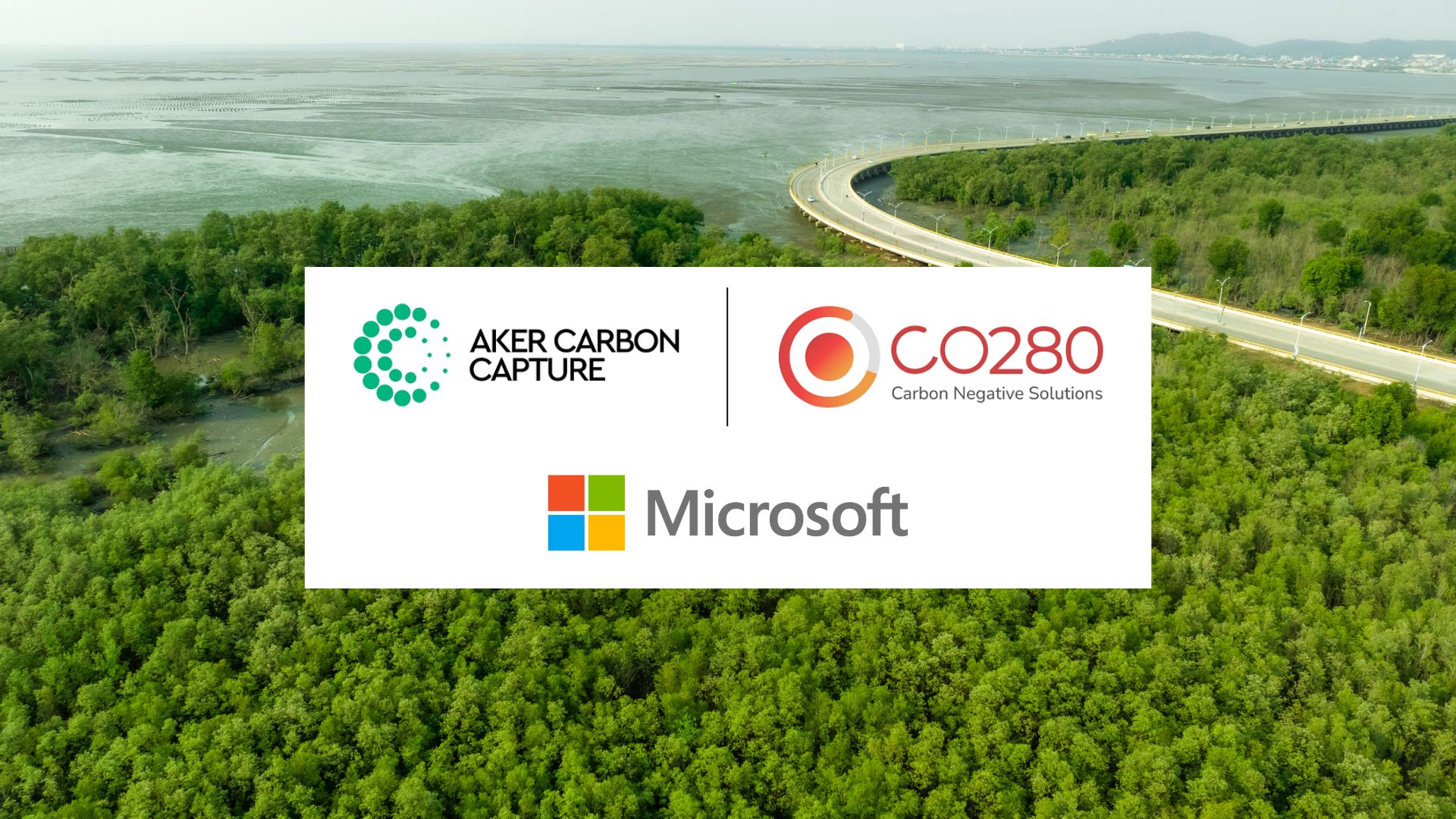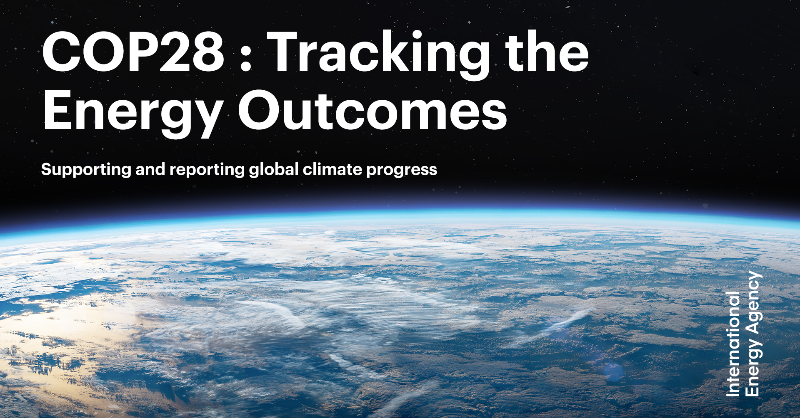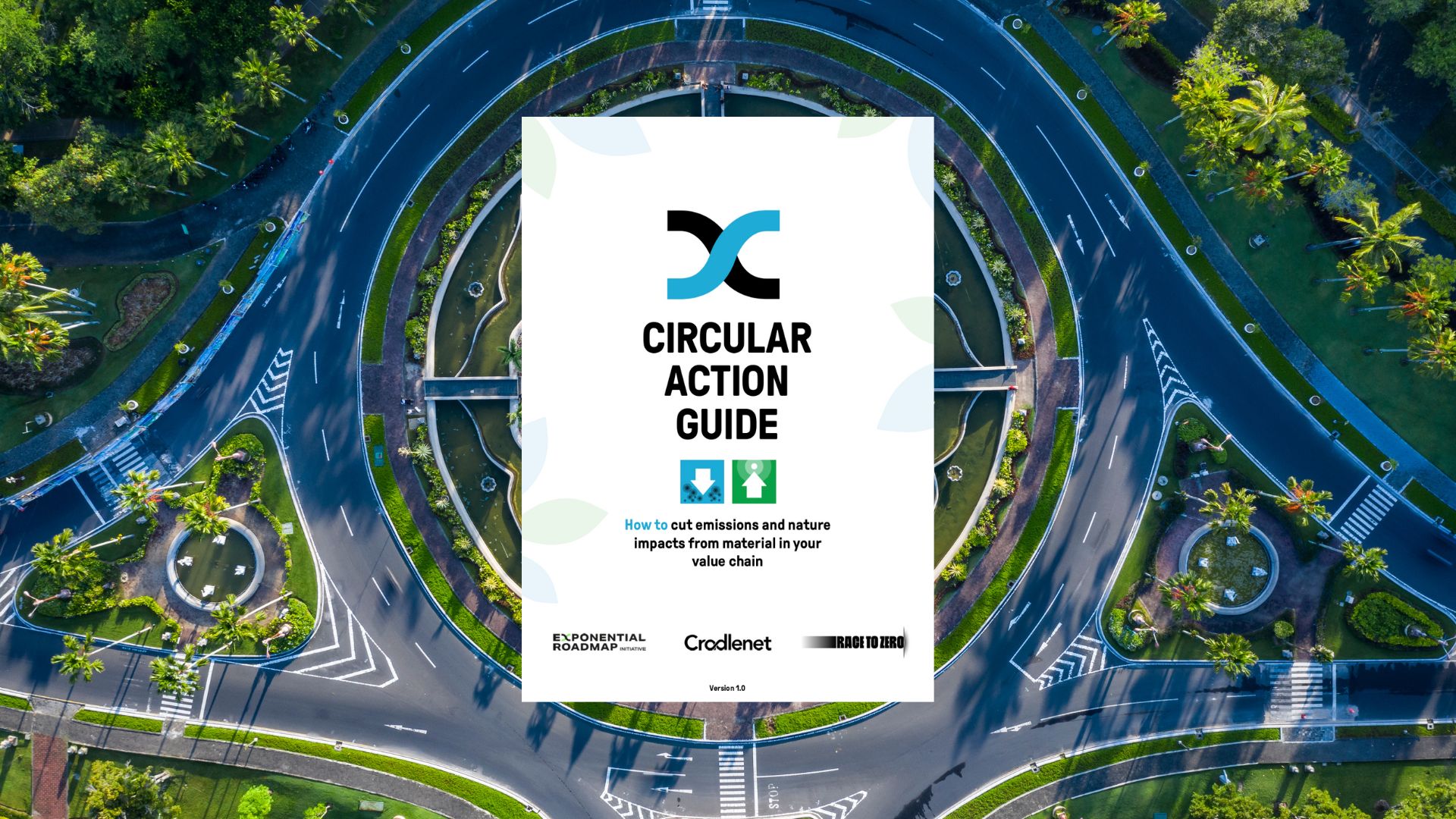Aemetis Signs Agreement with Alaska Airlines to Supply 13 Million Gallons of Sustainable Aviation Fuel

Aemetis has announced that an offtake agreement has been signed with Alaska Airlines for 13 million gallons of blended sustainable aviation fuel (SAF) to be delivered over the seven year term of the agreement.
SAF provides significant environmental benefits compared to petroleum jet fuel, including a lower lifecycle carbon footprint and reduced contrails. The blended fuel to be supplied under this agreement is 40% SAF and 60% Petroleum Jet A to meet international blending standards.
“To make a meaningful impact in decarbonizing aviation, we must increase the supply and accessibility of SAF,” said Lauren Kriegler, director of fuel, Alaska. “This partnership is an important step forward in making SAF readily available in one of our most important and busiest hubs. We look forward to working with Aemetis to expand the use of SAF in the Bay Area and beyond.”
The sustainable aviation fuel is expected to be produced by the Aemetis renewable jet/diesel plant under development on a 125-acre former U.S. Army Ammunition production plant site in Riverbank, California. The blended sustainable aviation fuel is scheduled to begin deliveries to Qantas in 2025.
“The use of sustainable aviation fuel by Alaska is another step by the oneworld Alliance toward lowering the environmental impact of aviation,” stated Eric McAfee, Chairman and CEO of Aemetis. “Our supply of SAF to the San Francisco International Airport is supported by the California Low Carbon Fuel Standard, creating new investment and jobs in disadvantaged minority communities in the state.”
See related article: London City Airport brings forward net zero target to 2030
Powered by 100% renewable electricity, the Aemetis Carbon Zero production plant design utilizes cellulosic hydrogen made from carbon negative waste wood from orchards and forests. The below zero carbon intensity, cellulosic hydrogen from waste wood is used to hydrotreat vegetable and other renewable oils to produce renewable aviation and diesel fuel.
To further reduce carbon intensity, the Aemetis Carbon Zero design includes capturing CO2 from the production plant and injecting the compressed CO2 into a sequestration well at the Riverbank site. The project is designed to permanently store an estimated 200,000 metric tonnes of CO2 each year from the plant.
Source: Aemetis, Inc.








